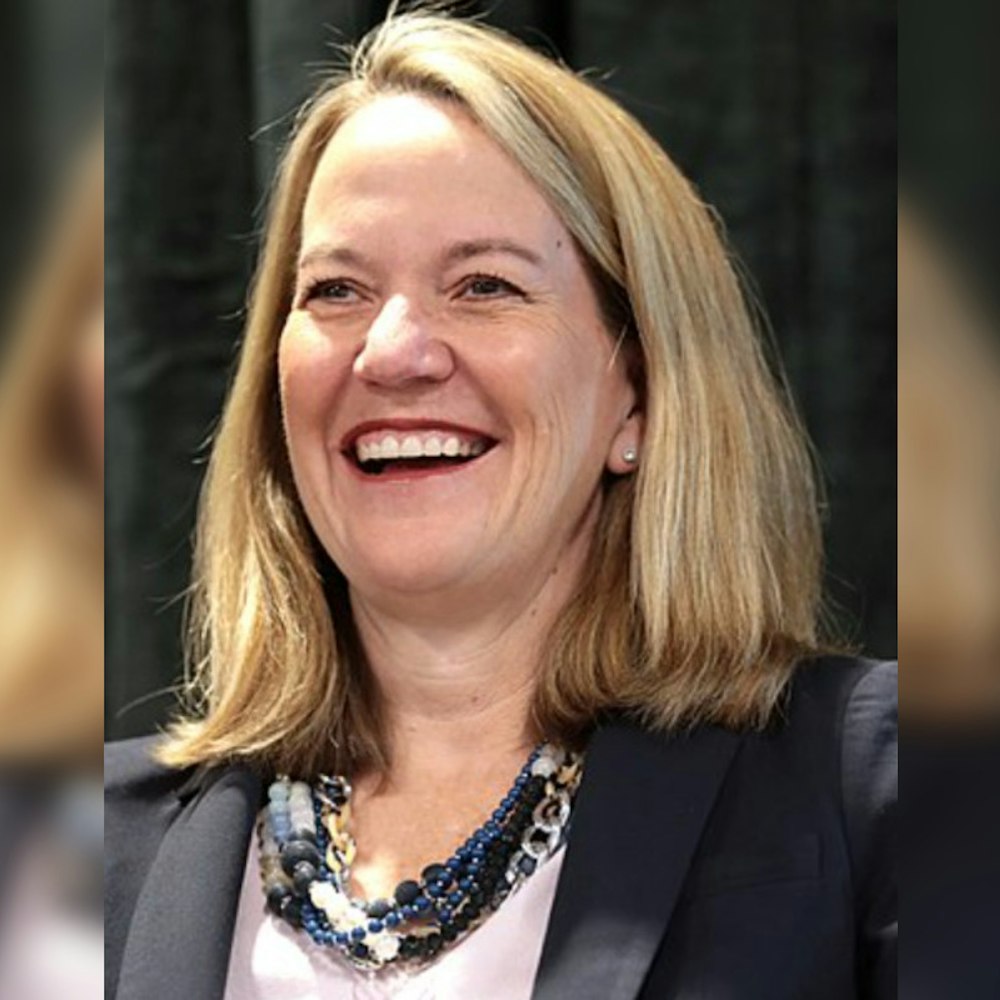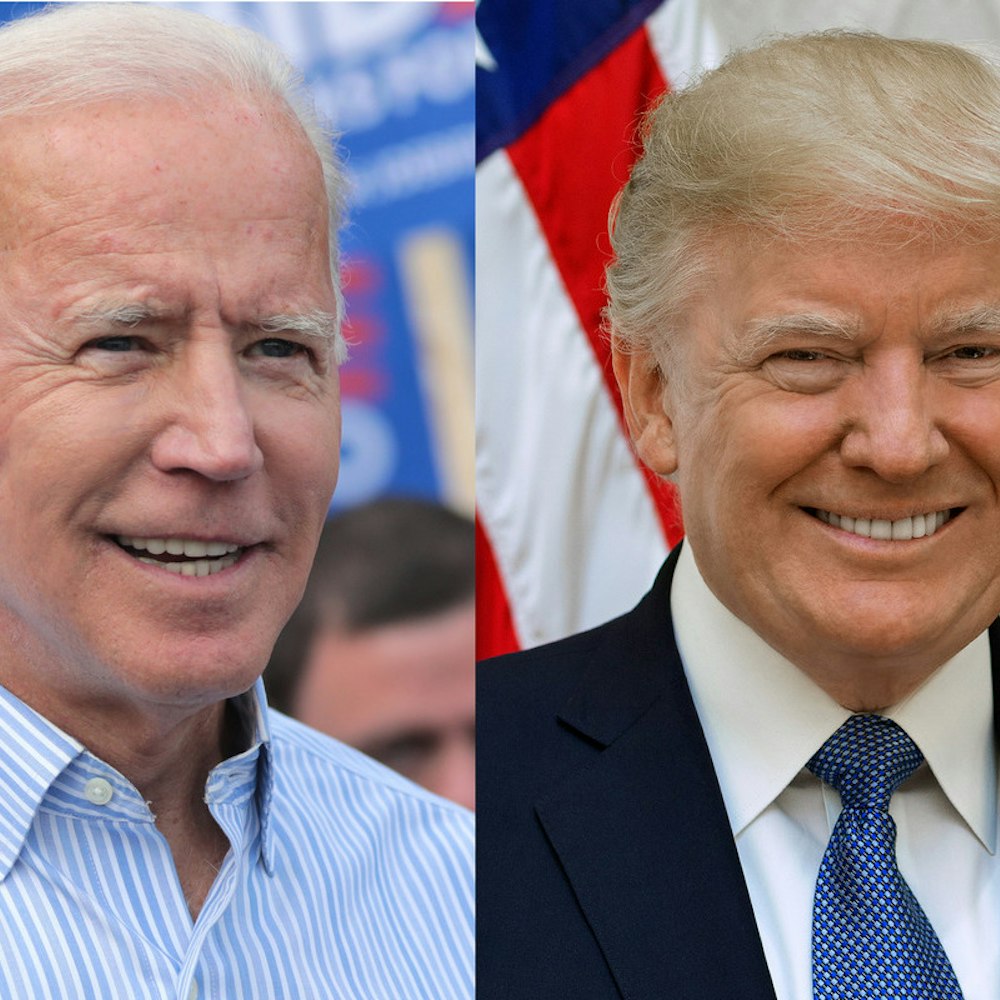
East Tennessee is facing a severe shortage in mental health resources, with local lawmakers urging for increased support following a damning report. The Tennessee Department of Mental Health and Substance Abuse Services (TDMHSAS) released findings indicating a dire need for more psychiatric hospital beds in the region. Knoxville, at the heart of this mental health desert, has been without a state mental health hospital since the 2011 closure of Lakeshore Mental Health Institute, a facility that once catered to 24 counties.
The report predicts an immediate requirement for 88 inpatient psychiatric hospital beds, a number that's anticipated to almost double by 2050. "But what it is that the central part of East Tennessee has nothing, and that's what the real issue is," Senator Richard Briggs (R-Knoxville) told WATE. Since the Lakeshore closure, psychiatric cases from the area have been partially absorbed by three private hospitals in neighboring counties and the Moccasin Bend Mental Health Institute in Chattanooga, some 100 miles away.
Concerned lawmakers, including Lieutenant Governor McNally and Senators Becky Massey and Richard Briggs, all hailing from Knoxville, have expressed increased anxiety over the region's mental healthcare capabilities following the report's findings. Senator Massey in a statement obtained by WVLT, highlighted the excellent work TDMHSAS has done since Lakeshore's closure but acknowledged that "the current services simply aren’t enough."
The appalling lack of local state-run facilities has put immense pressure on other institutions, with Sen. Briggs noting that the Knox County Jail has become the largest de facto mental health institution in the region. "And even up to 25% of our prisoners have serious mental health needs that can be served in some place other than the county jail," Briggs revealed in an interview with WBIR. The numbers presented reflect only the beginning of an escalating issue, as healthcare and criminal justice systems are increasingly intertwined.
As Tennessee stands as one of the 13 states with the lowest public inpatient psychiatric hospitalization rates, this report has sparked a conversation about the state's responsibility to its citizens' mental health needs. Senator Massey emphasized that the report is only a first step, implying a long road ahead for addressing the mental health resource scarcity in East Tennessee. With calls for urgent action echoing from local government and communities alike, the eyes of Tennesseans now turn to the state lawmakers for a resolution to ease the mental health crisis gripping their region.









